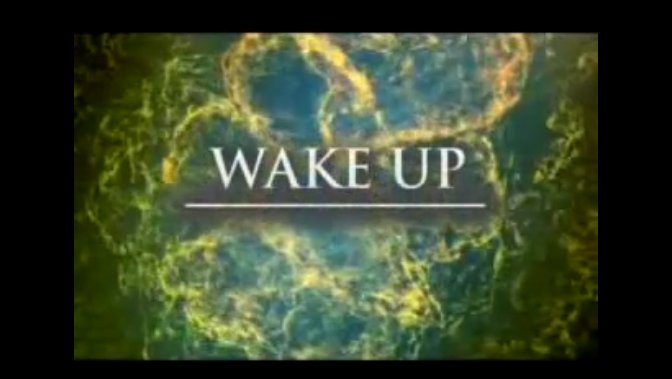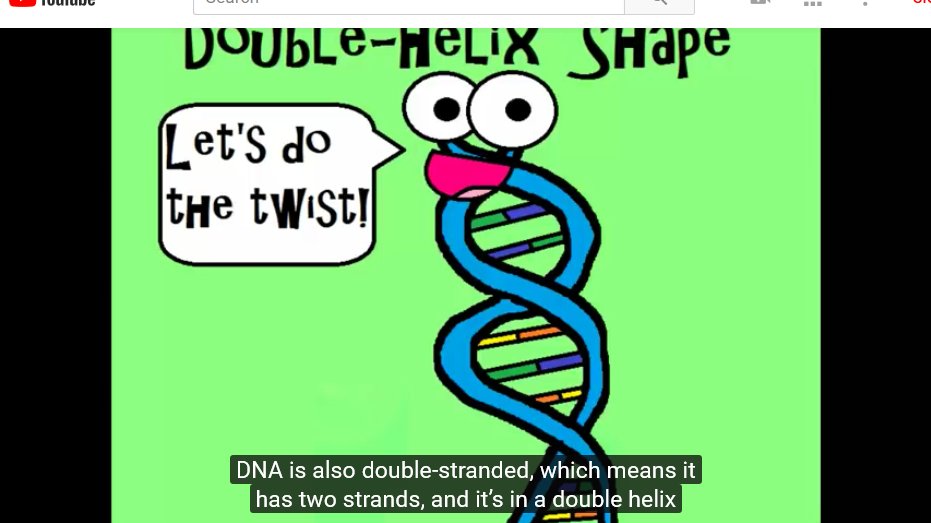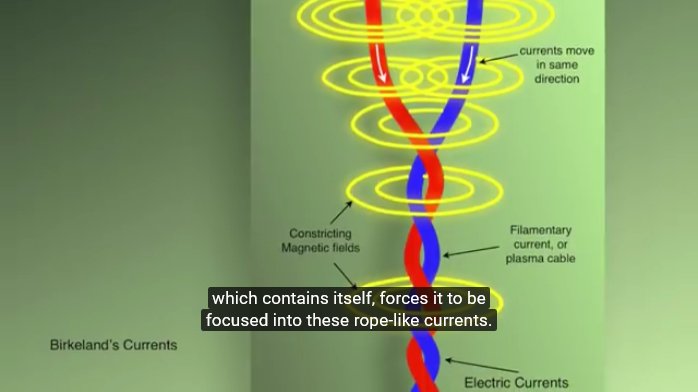I’ve been thinking about rate of change that science/technological acceleration has brought about to societies last 300 yrs, especially in post WW2 order where globalism has been the dominant agenda. 1/
However, I think you are reaching a bit past your (Nobel Prize centric) research in your assertion that science and by relation technology, on a per-dollar or per-person basis is far less efficient, or has slowed enormously. 2/
Rather than slowing down, more than ever our societies are accelerating via global adoption of technology and scientific breakthroughs. @MaxCRoser has done quite well known work here on their relative 'diffusion':
ourworldindata.org/technological-…
To me, what partially explains the ‘quality’ drop off since the 1980s that you illustrate really well from within the ‘Nobel Prize’ lens, are how the Committees themselves have been lagging...
Historically, the Nobel Committees have moved cautiously to recognize complex advances beyond the study of atoms and the cells.
Example: nobelprize.org/prizes/medicin…
#1 they suck on every measure, even as lenient as possible, on gender equality/inclusion. Since inception, the Nobel Prizes in the sciences have been awarded to only 20 women out of 607 recipients, ~3%.
You already point out quite well how recent scientific research teams are getting much larger and...
By limiting each annual award to no more than three recipients, the Committees have signalled low priority around prior work and the contributions of much larger teams.
The other problem dynamic here is the ‘publish or perish’ phenomena within academia/scientific research that creates undercurrents...
Could also partially explain your results.










